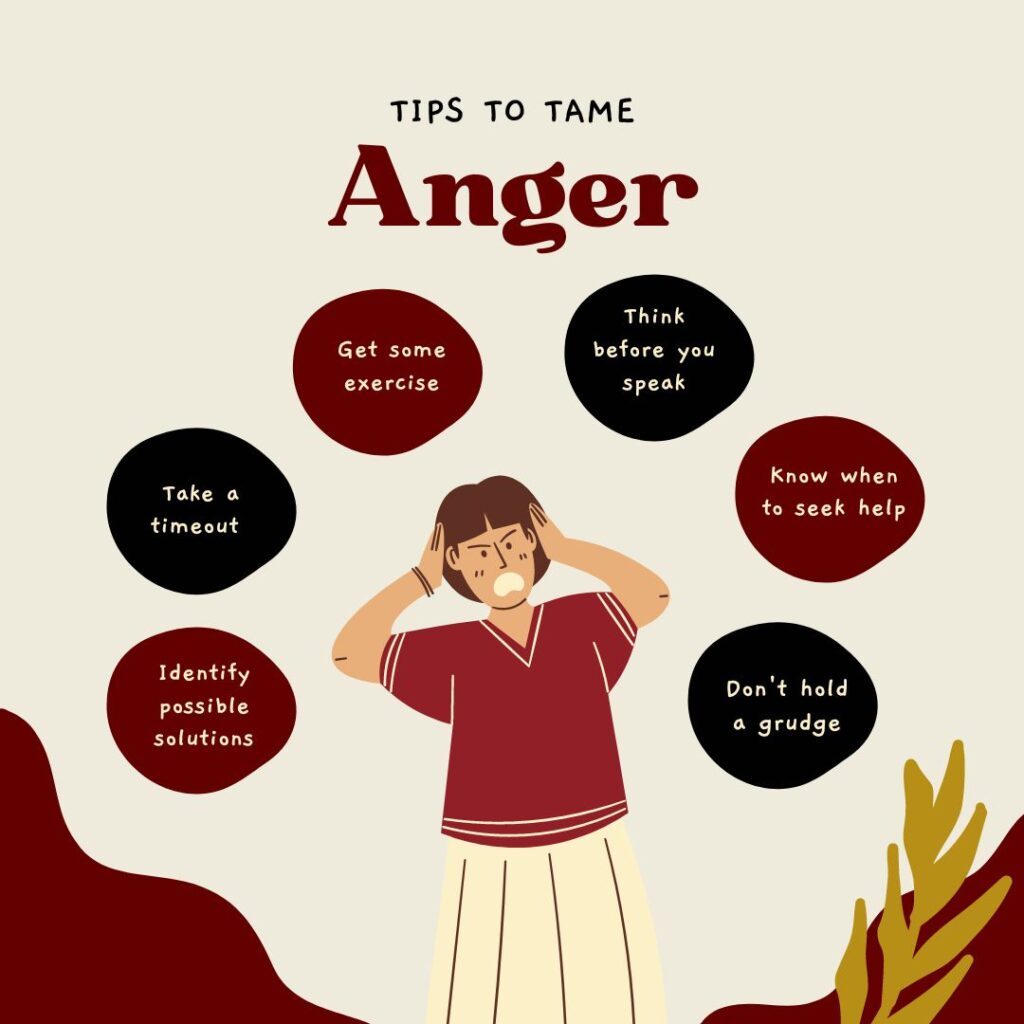Helping Teens Manage Their Anger
As a psychotherapist and expert in anger management, I also help teens manage their anger and support their mental health to take care of their overall well-being and development.

Here are some effective anger management tools and strategies tailored specifically for teens:
Recognize Triggers: Encourage teens to identify their anger triggers. These could be situations, people, or even internal thoughts or feelings. By recognizing triggers, teens can develop strategies to avoid or cope with them effectively.
Deep Breathing and Relaxation Techniques: Teach teens deep breathing exercises and other relaxation techniques such as progressive muscle relaxation. These methods can help them calm down when they feel anger rising.
Develop Communication Skills: Often, anger arises from misunderstandings or unmet needs. Help teens learn assertive communication skills to express their feelings and needs in a respectful manner. This includes using “I” statements and active listening.
Practice Empathy: Encourage teens to consider the perspective of others. Empathy can help them understand different viewpoints and reduce the intensity of their anger.
Encourage Problem-Solving Skills: Teach teens how to approach problems calmly and rationally. Help them break down problems into smaller, manageable steps and brainstorm possible solutions.
Promote Healthy Outlets: Encourage teens to engage in physical activities such as sports or exercise, which can help release pent-up energy and reduce stress. Creative activities like art, music, or writing can also serve as healthy outlets for expressing emotions.
Mindfulness and Meditation: Introduce teens to mindfulness practices and meditation techniques. These can help them become more aware of their thoughts and emotions, and better regulate their reactions to triggering situations.
Encourage Healthy Habits: Emphasize the importance of getting enough sleep, eating nutritious meals, and avoiding substances like drugs and alcohol, which can exacerbate feelings of anger and irritability.
Seek Professional Help: Let teens know that it’s okay to ask for help when they’re struggling with anger management. If their anger is significantly impacting their daily life or relationships, encourage them to seek support from a trusted adult or mental health professional.
Remember, helping teens manage their anger is a process that requires patience, understanding, and consistent support. By providing them with these tools and strategies, you can empower them to better cope with anger and cultivate positive mental health habits for life.





